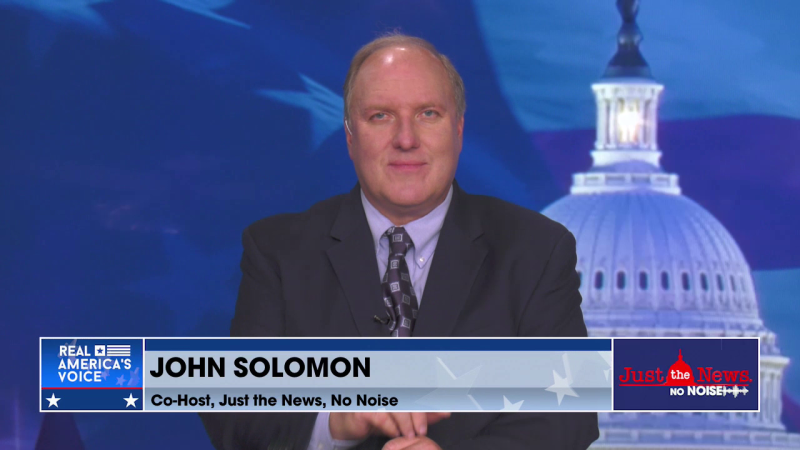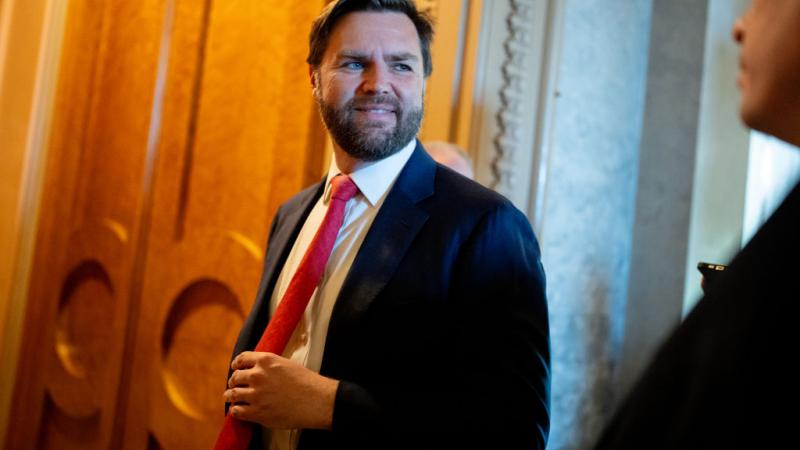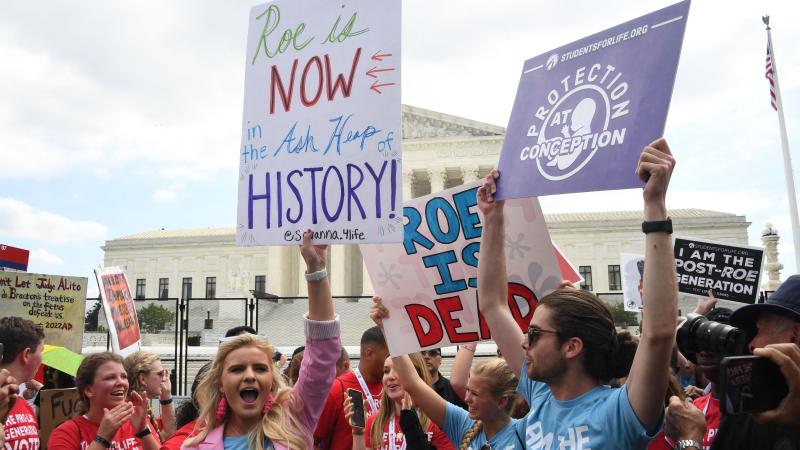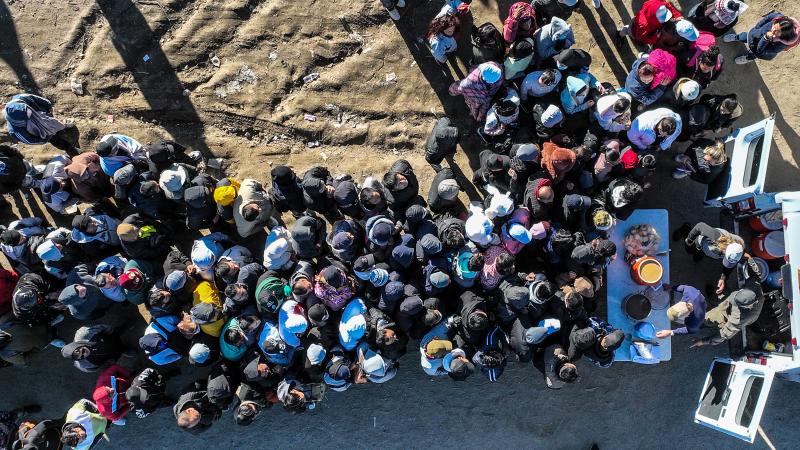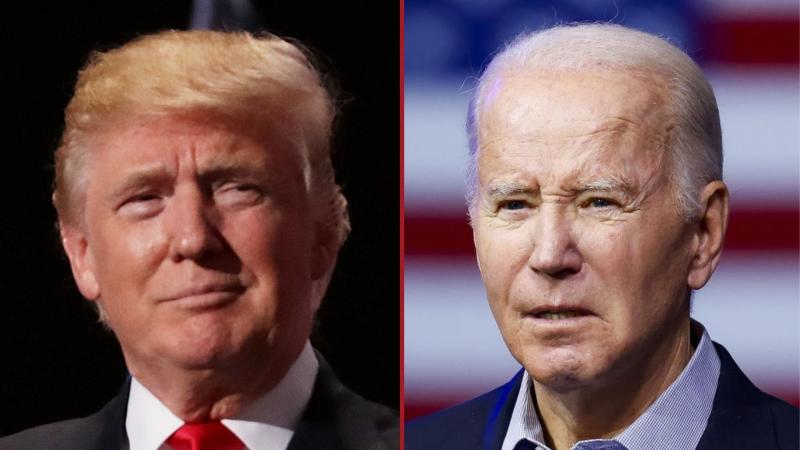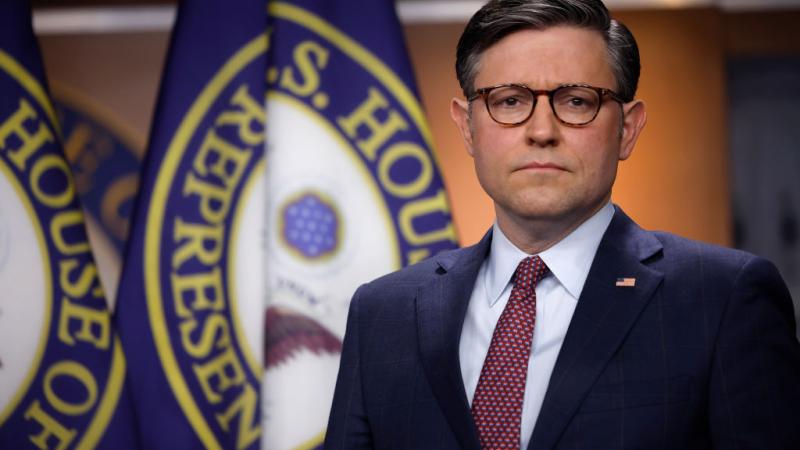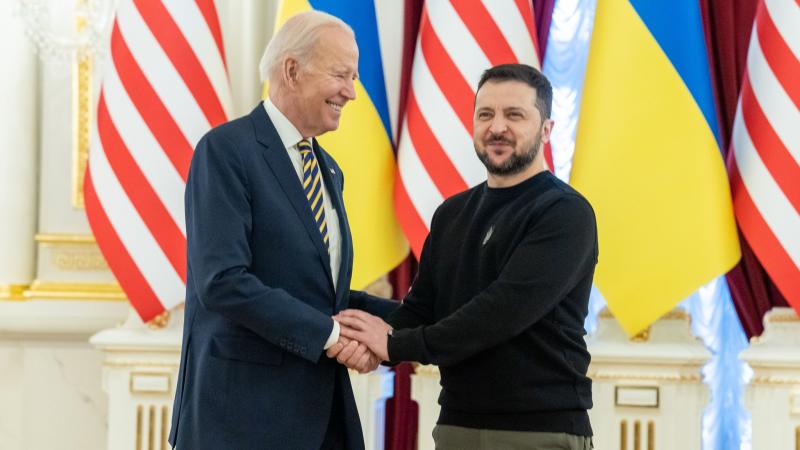WHO COVID sleuth lashes out as U.S. reacts coolly to report dismissing suspicions about Wuhan lab
Complicating investigation into the lab's potential role in the pandemic is the political and financial web woven around it with significant amounts of U.S. federal dollars in the years leading up to outbreak.
After the State Department reacted cooly to a World Health Organization investigation dismissing suspicions that COVID-19 originated in a Chinese lab, a member of the WHO investigative team with ties to the lab took to Twitter Tuesday with a barbed retort that included swipes at Joe Biden, Donald Trump and U.S intelligence capabilities.
A World Health Organization-sponsored team of investigating where COVID-19 originated said this week they considered it "extremely unlikely" the coronavirus accidentally leaked out of an infectious disease laboratory located in Wuhan, China just a few miles from where Beijing claims the outbreak began.
The team said the lab-leak theory is "not a hypothesis that implies to suggest future studies into our work," indicating that the matter may be closed, at least as far as the WHO is concerned.
Responding to news of the investigation's findings, State Department spokesman Ned Price said Tuesday that the U.S. "look[s] forward to receiving this report and the full data and to digging into that ourselves, knowing that we do need that full transparency."
While "supportive of the WHO investigation," the U.S. "will work with our partners and also draw on information collected and analyzed by our own intelligence community to evaluate the report once we've received it as well as the data from the WHO evaluation," Price said.
Asked if the State Department was satisfied with the level of transparency accorded the WHO investigation, Price said: "Well, I think the jury is still out ... I wouldn't want to be conclusive yet about any sort of cooperation that the WHO may or may not have received from China."
Peter Daszak, the lone U.S. representative on the WHO team, answered tartly Tuesday via Twitter.
"[Biden] has to look tough on China," tweeted Daszak, president of EcoHealth Alliance, a science nonprofit that channeled U.S. research funding to the suspect Wuhan lab. "Please don’t rely too much on US intel: increasingly disengaged under Trump & frankly wrong on many aspects."
"Happy to help [the White House] w/ their quest to verify," he added, "but don't forget it’s 'TRUST' then 'VERIFY'!"
Questions surrounding the Wuhan Institute of Virology persist, despite the WHO investigation's findings. The lab, which sits in the same city where the Chinese government acknowledges the COVID-19 pandemic started, was for years prior to the pandemic conducting infectious disease experiments into coronaviruses, including studying their potential for spilling over into human populations.
The WHO's media relations office this week failed to answer queries regarding what level of access into the WIV its investigators were given by the Chinese government and what types of data and information they were allowed to peruse while there. But WHO researcher Peter Ben Embarek suggested at the press conference that the team had been given enough information to make the determination.
"We ... looked at the Wuhan Institute of Virology and the state of that laboratory," he said, "... and it was very unlikely that anything could escape from such a place."
Former U.S. Secretary of State Mike Pompeo, however, said following the U.N.'s announcement that he remains convinced that the lab-leak theory is a compelling one
"I'll look forward to seeing their reports and analysis," he told Fox News, "but I don't believe it's the case that they got access that they needed. I know they didn't get access they needed in a timely fashion."
"I continue to know that there was significant evidence that this may well have come from that laboratory," he added.
The timeliness factor is a critical one. It has been well over a year since the first COVID-19 case was documented in Wuhan, and China had for months resisted global efforts to fly scientists into the city to do forensic analysis on the pandemic's origins. The notoriously secretive Communist Chinese government has been accused of covering up the early stages of the pandemic and potentially denying global health authorities the chance to contain it in late 2019.
Dismissing the lab theory, the WHO team's Chinese representative Liang Wannian suggested Tuesday that the virus may not have even come from Wuhan itself, with the researcher pointing the public away from Wuhan and into other regions of China's 3.7 million square miles.
"[S]tudies from different countries suggests SARS-CoV-2 circulation preceding the initial detection of cases by several weeks," he said, arguing that some COVID-19 samples "were detected even earlier than the first case reported," indicating "the possibility of missed reported circulation in other regions."
U.S. response to virus led by men with direct connection to Wuhan lab
Further complicating investigation into the lab's potential role in the pandemic is the political and financial web that was woven around it with significant sums of U.S. research dollars.
The lab for several years prior to the pandemic received hundreds of thousands of dollars in funds from EcoHealth Alliance, a New York-based nonprofit led by Daszak. EcoHealth was conducting research into coronaviruses for which it received millions of dollars in funding from the National Institutes of Health, a significant portion of which it passed on to the Wuhan Institute of Virology to conduct coronavirus experiments.
Some of those millions in funds came from the National Institute for Allergy and Infectious Disease, whose longtime director, Anthony Fauci, has been helping direct the U.S. response to the pandemic, either as a presidential adviser or as a fixture on cable news networks and in public health media.
Daszak, meanwhile, was the only U.S. representative on the WHO investigative team — the same team that this week announced that the coronavirus research lab Daszak had helped fund would henceforth not be considered a potential source of the outbreak.
Neither Daszak's nor Fauci's office responded to requests for comment for this report. Daszak himself has failed to return multiple inquiries over the past several months regarding his work on coronaviruses at EcoHealth as well as the work at the Wuhan lab to which he directed federal funding.
The lab over the course of several years was busy carrying out investigations into coronaviruses, including the "emergence potential" of those viruses and specifically "what factors increase the risk of the next [coronavirus] emerging in people."
The National Institutes of Health have denied that those experiments constituted "gain-of-function" research, a controversial procedure in which scientists increase the pathogenicity and/or infectiousness of a virus in order to study its potential for infecting humans.
The Wuhan lab, meanwhile, drew scrutiny early on in the pandemic due to its extreme proximity to the purported site of the disease's origin, with major media outlets as early as March of 2020 noting what was at the very least the remarkable coincidence of the coronavirus lab's nearness to a major coronavirus outbreak.The State Department, meanwhile, claimed last month that the U.S. government "has reason to believe that several researchers inside the WIV became sick in autumn 2019, before the first identified case of the outbreak, with symptoms consistent with both COVID-19 and common seasonal illnesses."


